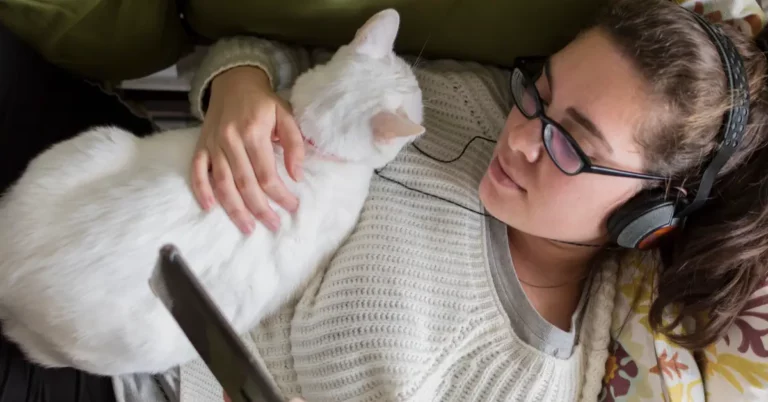Can Cats Get Sick From Eating Poisoned Mice?
Can cats get sick from eating poisoned mice? It is possible, though unlikely. Mice need to consume a significant amount of poison in order to succumb to its effects and cats would need to ingest an even higher dose of the same poison in order for it to affect them.
Therefore, mechanical traps which do not use poisonous bait are a much safer option when trying to get rid of mice in your home.
Furthermore, as mice carry parasites such as roundworms, mites and fleas, cats who hunt them may be at risk for become infected with these parasites too.
To look after your cat’s health, it is important to make sure they are regularly administered a parasite preventative medication.
Have you ever found your cat gifting you a dead mouse – yes, cats are quite the gift-givers!
Although they can usually process bones and meat without showing any adverse effects, it’s possible that their prey was poisoned.
Therefore, if you suspect that your cat ate a poisoned mouse then be sure to monitor them for symptoms of vomiting, diarrhea, or abdominal pain over the following 24-48 hours.
If you notice signs like these then contact your veterinarian immediately for further advice.
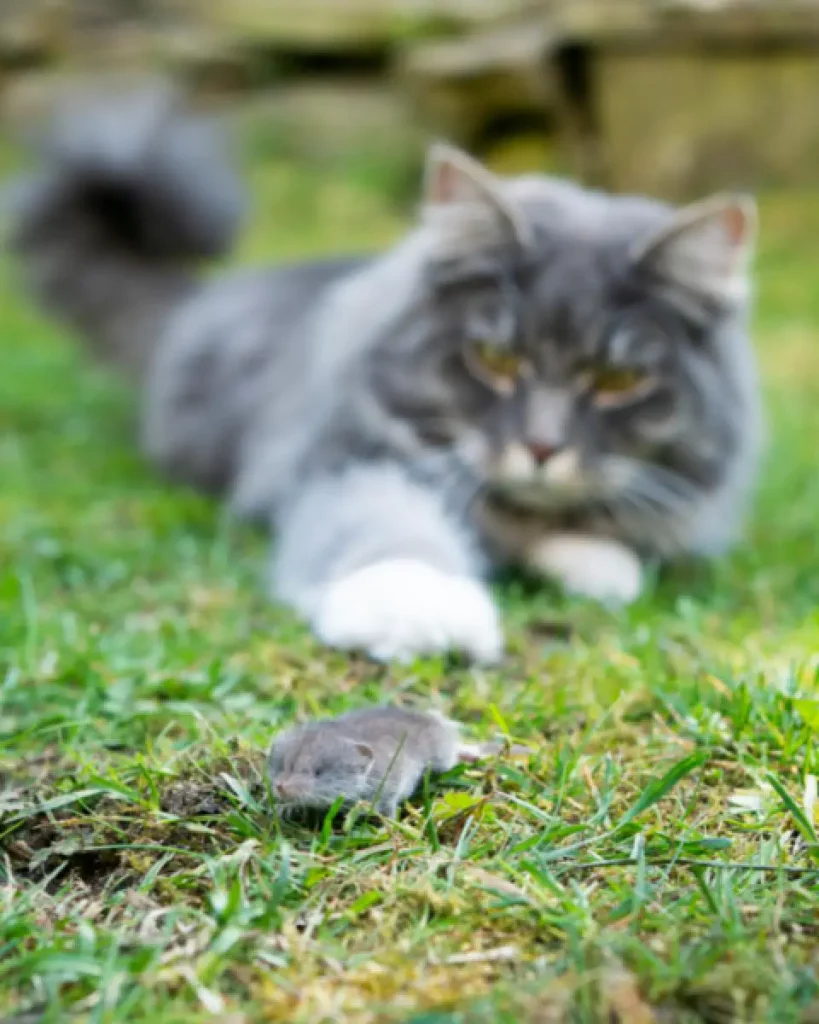
How Much Mouse Poison Will Hurt A Cat?
Most of the anticoagulant baits used to poison rodents contain low dosages of active ingredients ranging from 25-50 parts per million.
This means that even if a cat were to eat a regular mouse that had eaten the bait, it would need to consume between 1.6 and 96 ounces of bait for it to be enough for single-dose poisoning.
The dose needed can vary depending on the active ingredient and other factors.
A single mouse that has been poisoned with rat bait is unlikely to be enough to cause ill health in a cat, but if multiple mice are consumed over a prolonged period and they each contain significant dosages of poison, then the risk increases.
Fortunately, due to their close bonds with humans, many cats are unlikely to eat enough poisoned mice to accumulate enough poison to cause serious illness.
What Will Happen To Cats If They Eat a Poisoned Mouse or Rat?
Cats that eat multiple rodents over time could be at higher risk for toxicity from rodenticides, especially if the toxin builds up in the animal’s tissues.
If the rodents consumed anticoagulant or vitamin D3 poisons, then the cat may ingest more than enough of the toxin to cause sickness or even death.
However, if bromethalin-containing baits were eaten by the rodent, then only a small amount needs to be ingested by a cat to feel signs of toxicity and it is unlikely that death will occur.
Will a Cat Eat Mice That Have Been Poisoned?
Cats are natural predators and may attempt to eat mice that have been poisoned, which can be dangerous for them.
However, cats are better at detecting certain tastes and smells than humans, so they may be able to sense the poison on the mouse and avoid eating it, depending on when the mouse or rat consumed the poison.
Cat Ate Poisoned Mouse – Symptoms of Primary and Secondary Poisoning In Cats
Primary Poisoning in Cats
Cats that come into contact with rodenticides are at risk of primary poisoning, or toxicosis caused by ingesting the poison itself.
The symptoms and severity of primary poisoning can vary depending on how much poison has been ingested and the type of toxin used.
If you cat has been exposed to rodent bait, it is important to take her to a veterinarian immediately for treatment as primary poisoning can range from mild to fatal.
Secondary Poisoning in Cats
Secondary poisoning in cats is a potential outcome of long-term rodent infestations and can occur if a cat consumes rodents that have ingested poison.
If there are large numbers of hungry rats and mice being killed over the course of several days or weeks with poison, cats or other animals may ingest them and become sick as a result.
Symptoms of Poisoning in Cats
- Vomiting and Diarrhea: are two of the most common symptoms of poisoning in cats. If your cat has been vomiting multiple times or has had an abnormal amount of diarrhea, it’s important to seek medical attention right away.
- Abdominal Pain & Bloating: If you notice that your cat is exhibiting pain or discomfort in the abdominal area, this could be a sign of poisoning as well. Additionally, if you notice any bloating in your cat’s stomach area it could indicate that toxins from poison may have started to take effect.
- Excessive Salivation: another symptom of poisoning in cats is excessive salivation — often accompanied by drooling. While drooling can also be indicative of other health issues, it’s still important to get checked out if you notice this symptom alongside any others listed here.
- Loss of Appetite: Lack of appetite or complete refusal to eat can be a big warning flag indicating something isn’t right with your kitty. Pay close attention to how much your cat eats at mealtime and make sure their water intake remains consistent— both are key signs that they might not be feeling the best because of a potential poison issue occurring inside their body.
- Weakness or Lethargy: If you start noticing that your cat is more lethargic than usual, weakness can be a sign that there is internal damage from poison taking place in their body. The toxins cause the cells lining their intestines and stomach stop functioning properly which slows down digestion — making them feel more fatigued than normal as well as have difficulty breathing and even making overall movement more difficult for them too.
- Difficulty Falling Asleep & Staying Asleep: Difficulty falling asleep is another sign a pet parent should look out for in order to determine whether their beloved fur baby was perhaps exposed to something harmful such as poison-containing rodents. These sleeping problems could range anywhere from apparent restlessness when trying to snooze, strange vocalizations (often yowling type meows) mid-snoozing session, or even waking up frequently due to bad dreams etc….. All these types of behavior should raise alarm bells so please ensure they get thoroughly looked over by a veterinarian if all else fails!
- Seizures and Collapsing: Finally, seizures and collapsing are two large red flags when it comes to possible poisoning in cats— especially if the seizing increases with time instead of decreasing along with other symptoms listed above like labored breathing, lack of coordination staggering and stumbling throughout everyday motions etc….. Even one seizure warrants immediate medical attention because it could be caused by severe poisoning amongst many other things!
How Long Does It Take For Mouse Poison To Affect A Cat?
The time it takes for mouse poison to affect a cat can vary depending on the type of poison used, how much the cat ate, and other factors.
Generally, symptoms of poisoning will show up within 4-24 hours after ingestion and can range from vomiting and diarrhea to seizures and death.
It is always best to contact your veterinarian immediately if you think your cat may have ingested mouse poison.
5 Home Remedies For Cat Eating Rat Poison
Rat poison is a very serious threat to cats, as it can be fatal if they ingest too much. Luckily, there are some home remedies available to help treat the effects of rat poison in cats.
Here are five effective and safe methods you can use to help your cat get back on its feet after being exposed to rat poison.
1. Discourage Cats from Eating Rat Poison by Making Your Home Physically Wholesome
Start by making your home environment more wholesome and rat-free. Reduce possible sources of food for rats and make sure water is not accessible to them.
Securely close off any spaces they can use to get inside, including cracks and holes in walls, roofs or foundations.
Place a layer chicken wire or netting along the base of your walls can be helpful in keeping out larger rats and mice.
Cats are natural predators so these steps will not only help stop potential poisonings but also help protect against other illnesses caused by vermin infestations.
2. Provide Alternative Treats or Expose the Rat Poison
If you discover your cats have eaten rat poison, try to locate the bait and replace it with something that is more palatable and appealing to them, such as catnip.
Alternatively, expose the poisoned food by using a broom handle or tongs to pull it away from the wall. This will allow your cats to avoid further contact with it and reduce their risk for further poisoning.
3. Administer Veterinary Supplements to Move the Process Along
Veterinary supplements can help catalyze the process of toxin removal from your cats’ body.
This can help them overcome their poisoning and limit potential health concerns caused by the rat poison.
Popular supplements for cats include activated charcoal, which helps to block the absorption of toxins; zinc gluconate, which helps increase white blood cell functions; and N-acetylcysteine, which helps clear the build-up of toxins in cells.
Always talk to your veterinarian before giving any type of supplement to your cat.
4. Give Anti-Toxin Medicine Upon Advice of Vet and Monitor Vomiting
If your cat has ingested rat poison, it is important to get them medical treatment immediately.
Your veterinarian may advise that your cat receive an anti-toxin medicine to help neutralize any toxins in their system.
Make sure you ask about the possible risks and side effects of the medication.
Furthermore, keep a close eye on your cat’s eating habits and behavior, as they might vomit or pass faeces containing the poison they have consumed.
Take Your Cat for Blood Tests and Possible Surgery if Needed
Once diagnosed, your veterinarian may order blood tests and check for signs of severe bleeding.
In severe cases, where there has been a high dose of rat poison ingested, surgery may be necessary to remove the toxic material from their digestive system.
During this time, it is important to monitor your cat’s vitals and administer any necessary treatments.

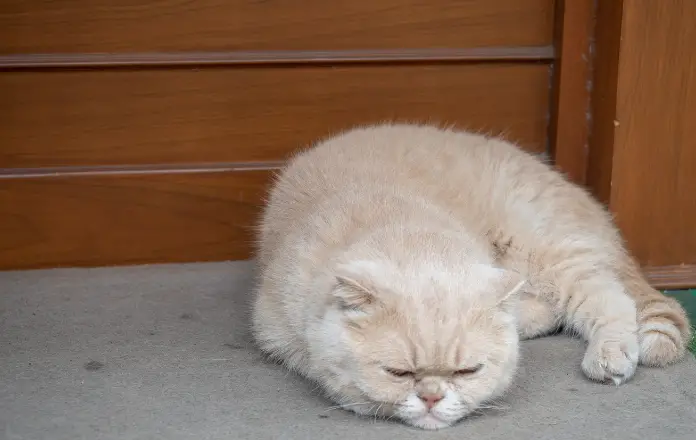
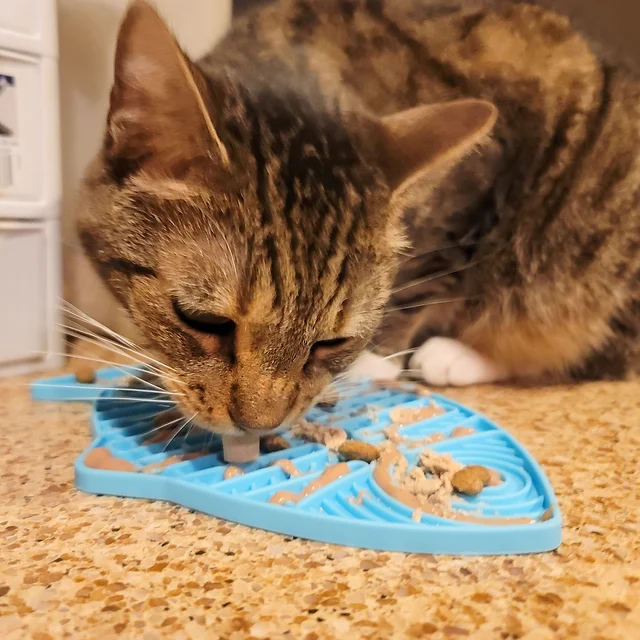
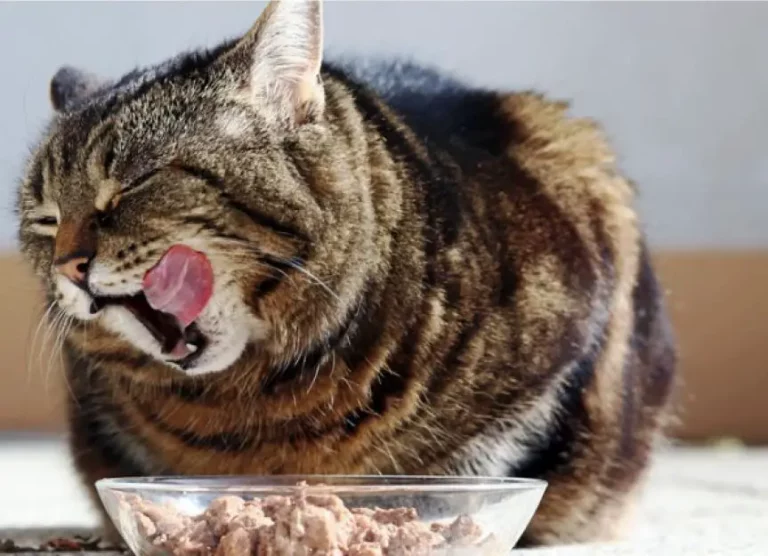
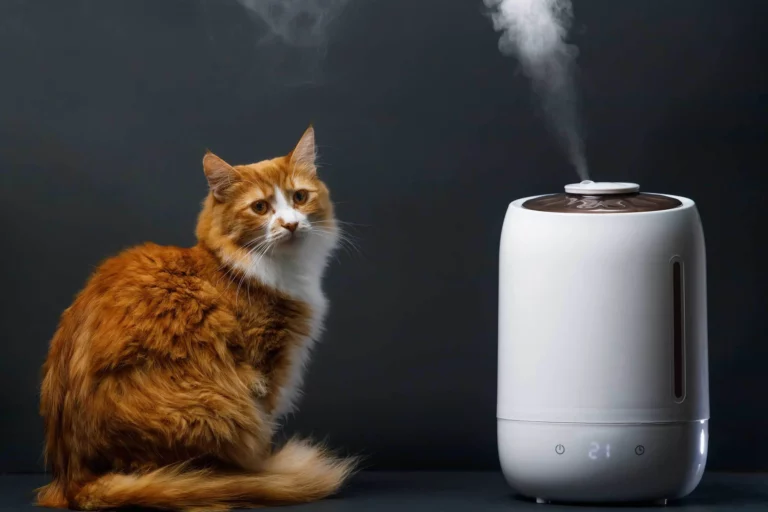
![How Do Cats Choose Who To Sleep With? [5 Factors]](https://www.warmlypet.com/wp-content/uploads/2023/03/why-cat-like-to-sleep-with-owners-768x432.webp)
